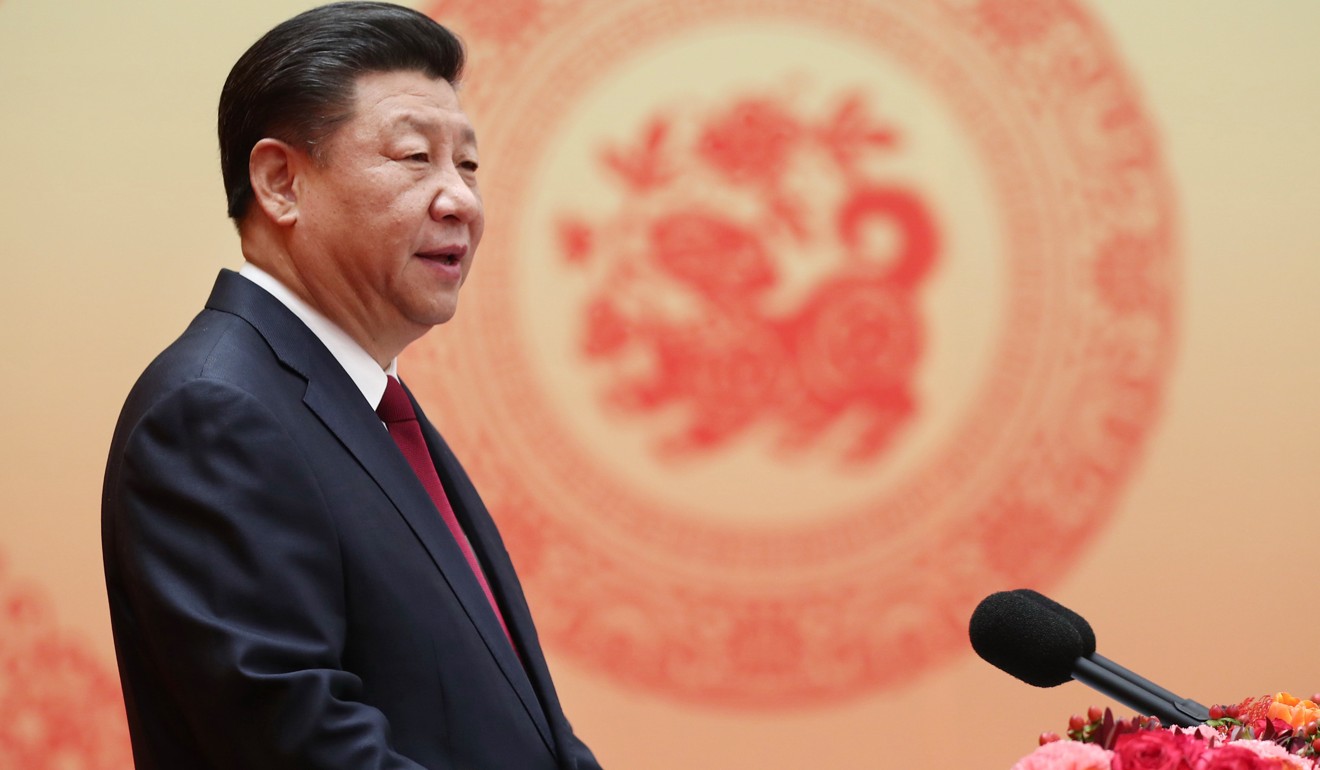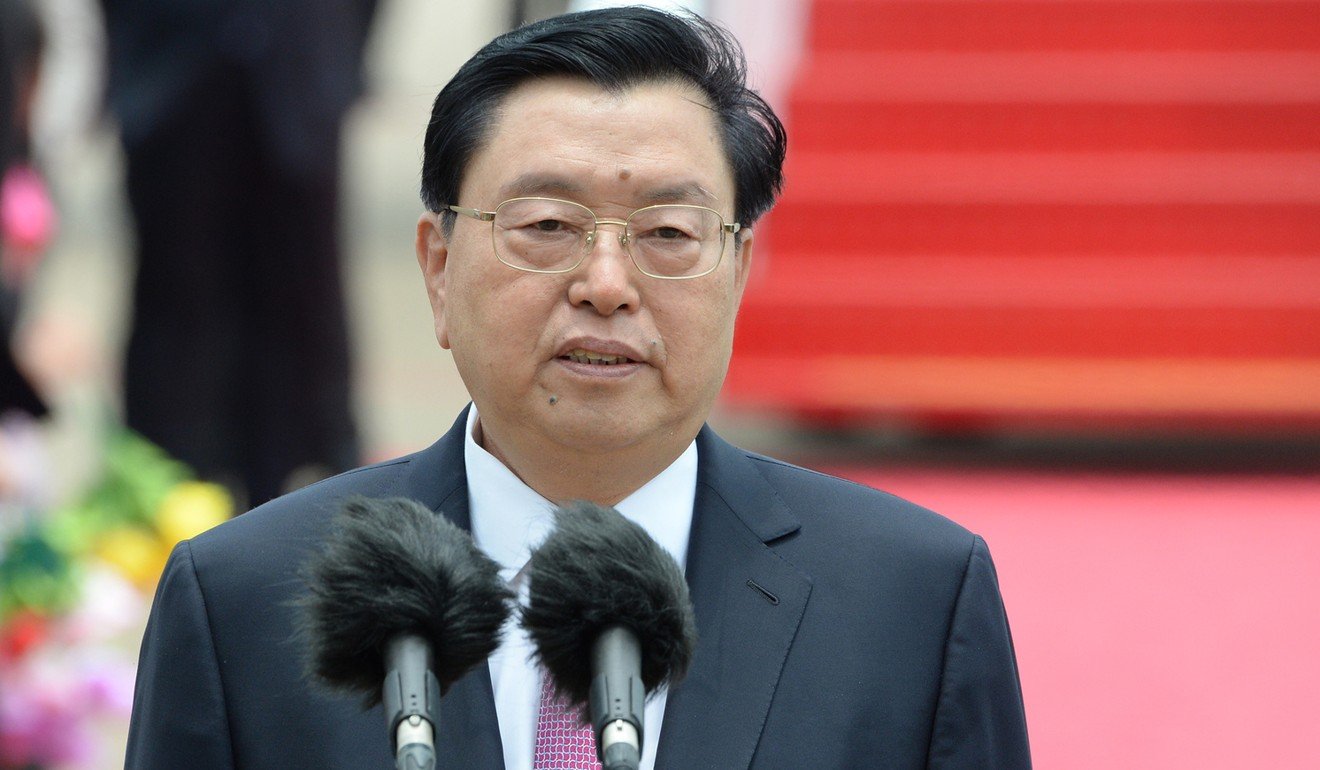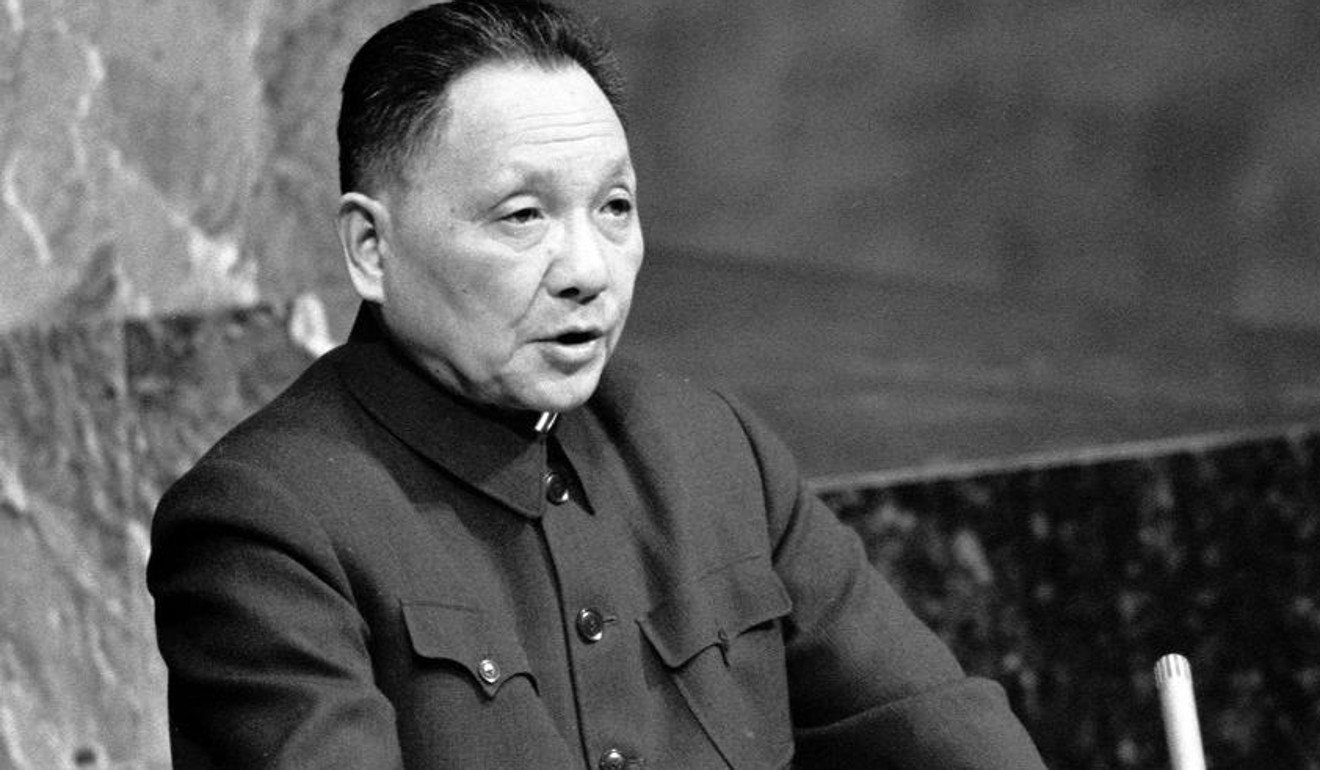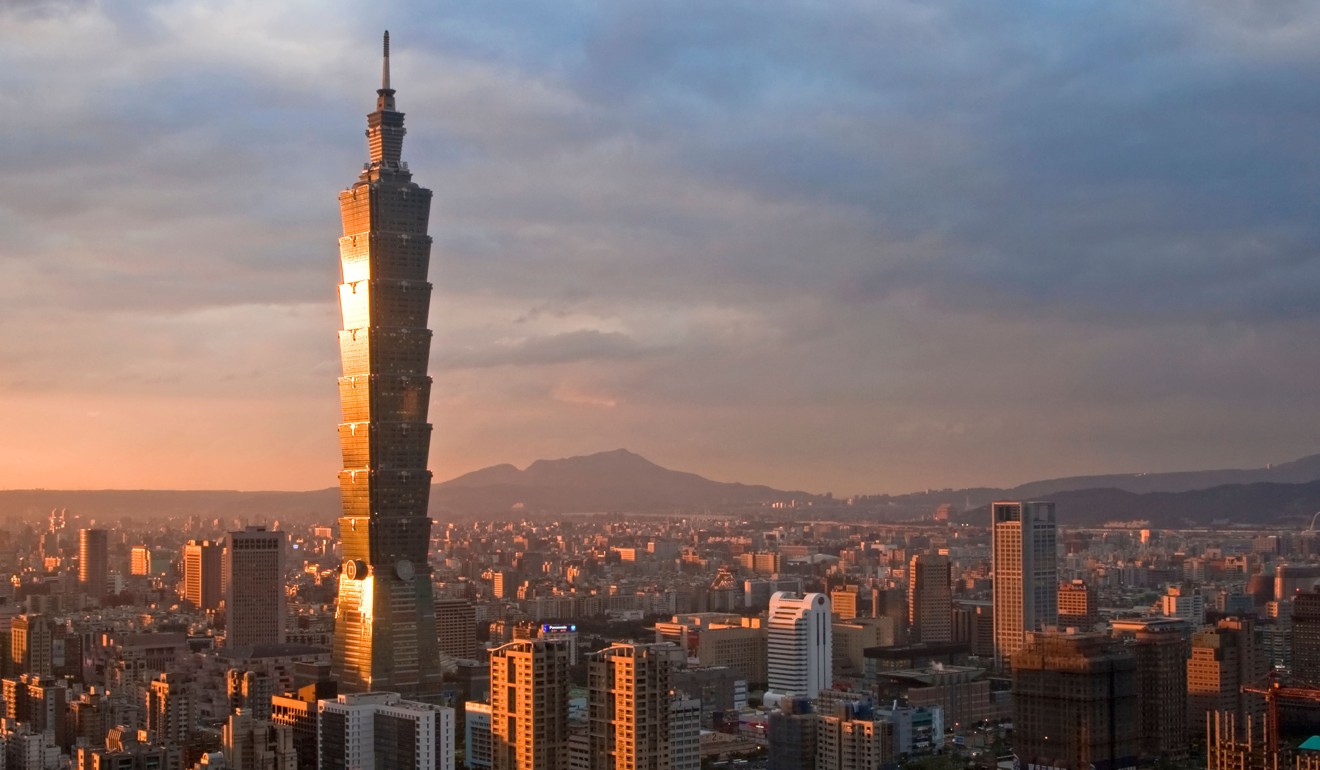
Taiwan is not Hong Kong, and China’s President Xi Jinping will deal with the two separately
The ‘two sessions’ are upon us, and there will be restructuring in the party and the state. But speculation that the bodies dealing with these two complex places would merge is wide of the mark
When paramount leader Deng Xiaoping designed the “one country, two systems” policy for Hong Kong’s post-1997 governance almost four decades ago, he had a bigger mission in mind that was no secret to all – he hoped that one day the same formula could be applied to the reunification of Taiwan and the motherland, although Beijing has never publicly made it the only option.

The Taiwan issue had to be handled differently from Hong Kong – the city had a clear 1997 deadline for its return to Chinese rule, while setting a definite timeline for Taiwan’s return was not possible then – and still isn’t – due to obvious domestic and international considerations.
Beijing, therefore, has always had two different departments overseeing these two thorny issues under the State Council: the Hong Kong and Macau Affairs Office (HKMAO), plus the central government’s liaison office in Hong Kong; and the Taiwan Affairs Office.
Liberals in Hong Kong fear for city’s future as China falls back on strongman rule

Zhang’s successor will be revealed when the new government leadership line-up is finalised by the end of the two sessions.
So, is it good timing to put Hong Kong and Taiwan affairs under a “two-in-one” office now as China enters its “new era” under Xi? Sources familiar with the restructuring proposal told the South China Morning Post it is not going to happen, and the opposite was more likely, if you take a closer look at Xi’s thinking on these two issues.
In Beijing, former HKMAO head Wang Guangya confirmed this on Sunday, adding that the role of the office would only be strengthened, not merged or sidelined.

Two decades after Hong Kong’s handover, Beijing has realised that the implementation of one country, two systems in different aspects of the city’s running is never as smooth as expected. Instead, many “new situations” have emerged, reflected by growing tensions between the city and Beijing.

Taiwan, which has its own government and military, is apparently a totally different case, with the US still playing a relatively large role in cross-strait relations, unlike in Hong Kong-mainland ties.
There are bigger questions. Is unification with Taiwan part of Xi’s Chinese dream? When and how? Is the Hong Kong model still applicable? Xi must have his strong views on them.
Merging Hong Kong and Taiwan affairs doesn’t seem to fit his needs since Taiwan is a complicated case for the future while Hong Kong is a complex one for the present. They require two sets of strategies.

